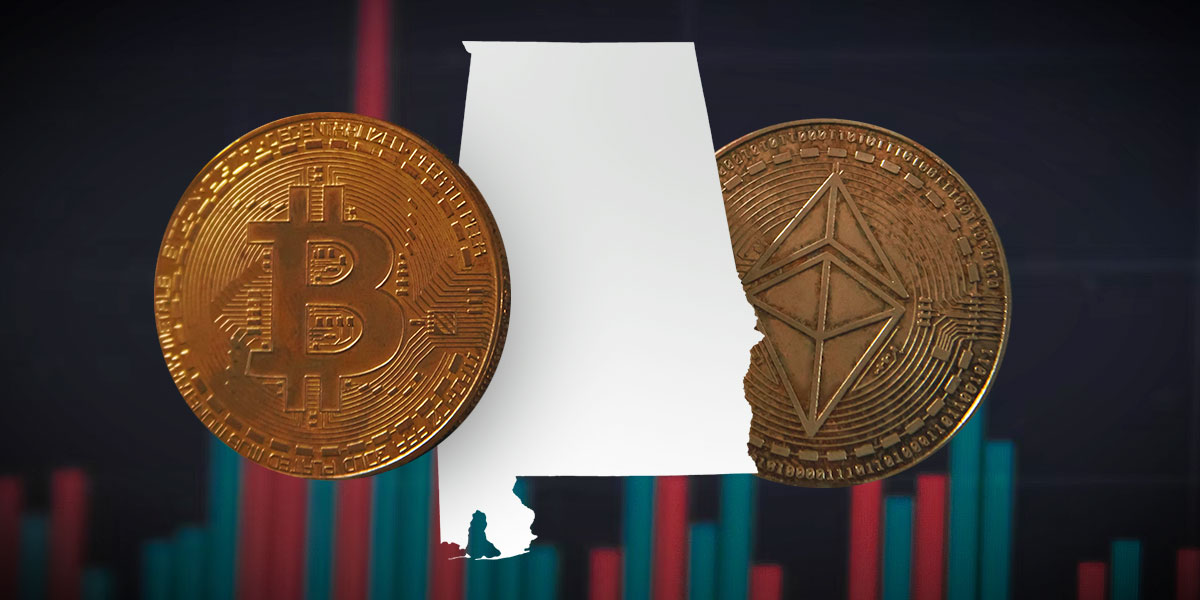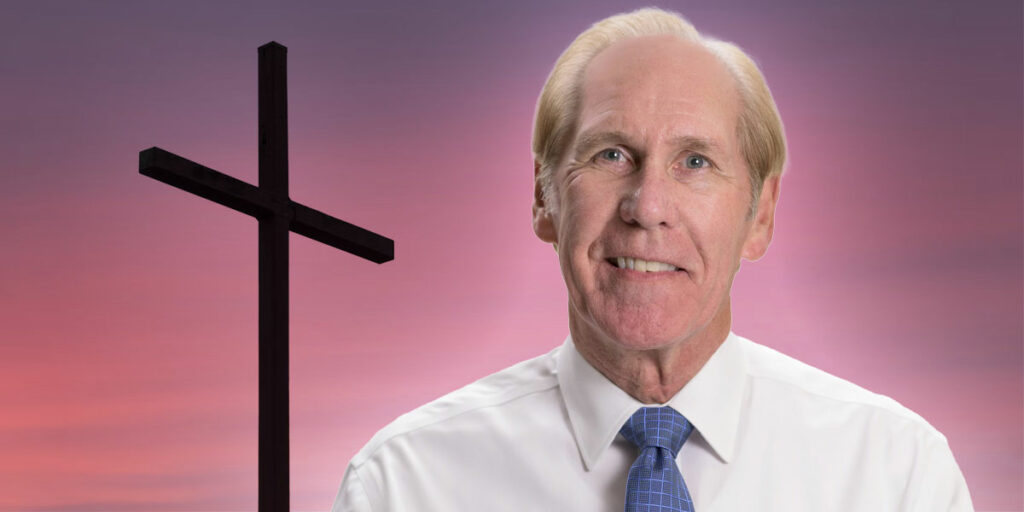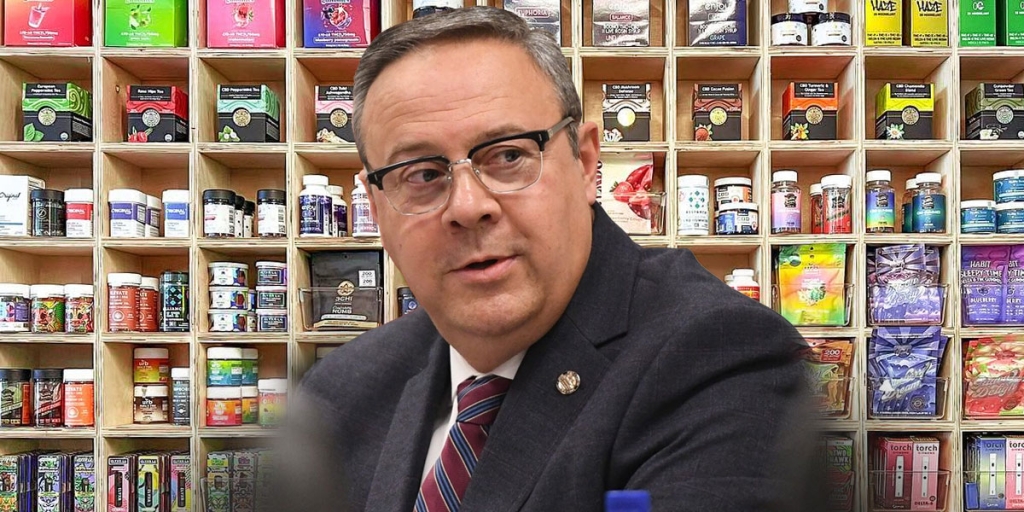America stands at a crossroads in the debate over our country’s financial future and free-market innovation.
This battle is centered around cryptocurrency, a technology with the power to create jobs, drive new industries, and expand opportunities for hardworking Americans.
The choice before us is simple: will we embrace cryptocurrency as a tool of economic freedom, or will we burden it with more red tape and regulation to stifle competition and protect the entrenched status quo?
At the heart of the debate is something called stablecoins — cryptocurrencies designed to maintain a constant value of one U.S. dollar.
Stablecoins function much like digital cash, providing faster, cheaper, and more secure ways for businesses and individuals to move money. They allow instant transactions anywhere in the world while strengthening the global dominance of the U.S. dollar in the digital economy.
Recently, Congress took a major step forward on this issue with the bipartisan GENIUS Act, sponsored by Tennessee Senator Bill Hagerty, one of Alabama’s strongest allies in the U.S. Senate.
The bill earned broad support, including from President Donald Trump and Alabama’s own Senators Katie Britt and Tommy Tuberville.
It sets clear, commonsense rules for stablecoins and allows crypto platforms like Coinbase, Gemini, and Kraken to offer digital rewards to users — much like credit card points — helping encourage innovation and growth in this emerging market.
However, not everyone is happy about this new platform. Some large financial institutions are lobbying to restrict or even ban these crypto rewards, claiming digital assets will threaten traditional banks.
They warn that cryptocurrency will somehow cause people to pull their deposits, triggering instability within current banking institutions.
But that argument simply doesn’t hold up when looking at independent research.
A respected study by Charles River Associates debunked these claims, showing that stablecoin use has little to no impact on community bank deposits.
The truth is that people aren’t abandoning their banks, but rather embracing new tools to complement them. Innovation and tradition can coexist. Both can thrive when government steps back and lets the free market work.
Instead of arguing that the crypto industry has too much freedom compared to traditional banks, we should be championing economic freedom across the board.
I strongly support our community banks, but the answer isn’t more regulation on crypto — it’s reducing the excessive red tape that already burdens our existing financial institutions.
As Republicans, we believe in monetary freedom — the idea that individuals, not bureaucrats or corporate monopolies, should decide how they save, invest, and spend their money.
Cryptocurrency represents that principle in action. It’s built on voluntary exchange, not government mandates. It’s a free-market innovation that rewards ingenuity and personal responsibility.
That doesn’t mean the system is without risk. Like any financial tool, cryptocurrency needs basic safeguards to protect consumers. But the answer isn’t government overreach or suffocating regulation. The answer is transparency, accountability, and trust in the free market to reward good actors.
Perhaps most importantly, this debate isn’t just about economics — it’s about America’s future. President Donald J. Trump has made it clear that he wants the United States to lead the world in digital currency innovation.
The nation that wins the race for sound, secure digital currency will gain a massive strategic advantage in the 21st-century global economy.
This is about jobs, growth, and ensuring that America — not China or the EU — sets the standard for financial technology. Cryptocurrencies are here to stay, whether we like it or not, and America must lead the way if we want to maintain our global dominance in the financial market.
Alabama has always stood for hard work, independence, and opportunity. Those values align perfectly with the promise of digital freedom. We should be a leader in this new frontier, not a follower. We have the talent, the vision, and the conservative principles to shape this future — not just for ourselves, but for generations to come.
I’m proud to see Alabama’s leaders, including Senator Katie Britt on the Senate Banking Committee, standing strong for innovation and economic freedom. Together, we can ensure that our state and our nation stay on the side of progress, prosperity, and continued global leadership in the world economy.
John Wahl is the Chairman of the Alabama Republican Party and serves as RNC Vice Chairman for the Southern Region. A longtime conservative leader, Wahl previously served as ALGOP Senior Vice Chairman and was part of Alabama’s 2020 Electoral College delegation. Outside politics, he is a butterfly farmer, supplying zoos and botanical gardens nationwide.













